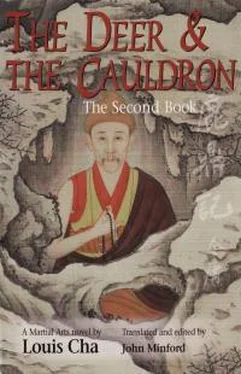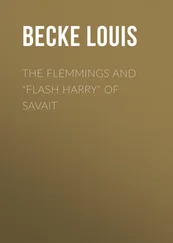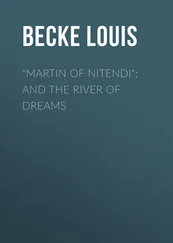534
Russians, or red’haired Dutch devils, had ever tried sneaking in here, I’d have booted them straight out the door!’
Trinket heaved a sigh of relief. At least that possibility had been ruled out.
His mother looked up. There was a twinkle in her eye. She seemed to have remembered something.
‘Wait a minute, though. I do recall, around that time, having a regular who was a Muslim. Very good’looking fellow he was, too. I sometimes used to say to myself, now my little Trinket’s got a fine nose, just like his-’
‘So you had Chinese, Manchus, Mongols, Muslims-what about Tibetans’ Did you ever have a Tibetan’’ asked Trinket.
A glow of pleasurable recollection lit up his mother’s face.
‘Why, now that you mention it, yes, of course I did! There was this one Tibetan Lama. Every time he came to bed he’d start chanting his sutra. And all the time he chanted he’d stare at me with this really dirty look. His eyes’d be just about popping out of his head. Saucy pair of eyes they were too-just like yours!’
EPILOQUE
The Never’Ending Quest Historians of later times all tell of the Emperor Kang Xi’s Six Tours of the South, and claim that the main purpose of these visits was to inspect the state of local river conservation. But how do they account for the fact that the first of these tours took place the very year Trinket (that is to say, the Duke of Luding) disappeared’ And if it was just river conservation that he was inspecting, why go to Hangzhou’ And why spend so long each time in Yangzhou’ And why send so many of his personal guards to search every brothel, every gambling den, every tea’house, every bar-for Trinket’ And why, when this search proved fruitless, as it always did, was the Emperor always so down in the dumps’ The researches of certain other scholars (specialists in literature, and in that most trivial branch of literature known as fiction) have meanwhile established beyond any shadow of a doubt that the grandfather of Cao Xueqin, the author of China’s most famous novel The Story of the Stone, was once a member of the Imperial Guard, and moreover actually served under Trinket’s command. As it turns out, Kang Xi later appointed this very man, whose name was Cao Yin, to be Imperial Textile Commissioner in Suzhou and Nanking, and ordered him to take up semi’permanent residence in the happy playground of the South. Alas, these eminent scholars, intent as they are on reconstructing the family history of China’s greatest novelist, do not seem to have understood the real reason Kang Xi had for making this appointment. We, of course, know better’ it was so that his man could be permanently on the spot to continue the never’ending quest for Trinket.












